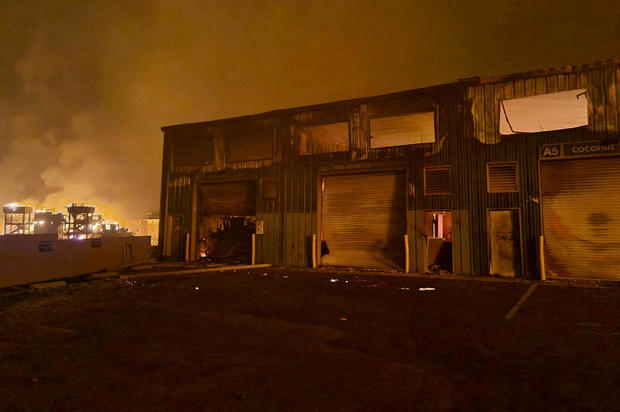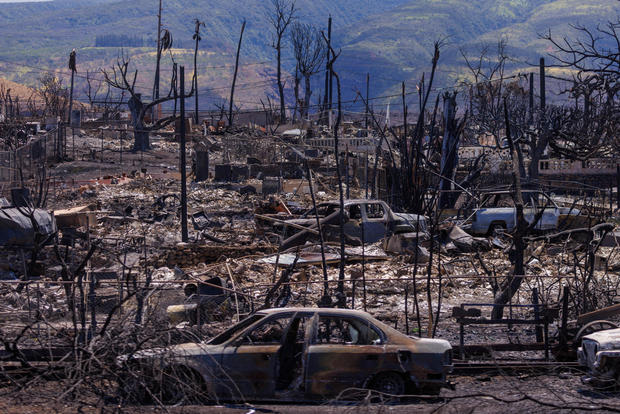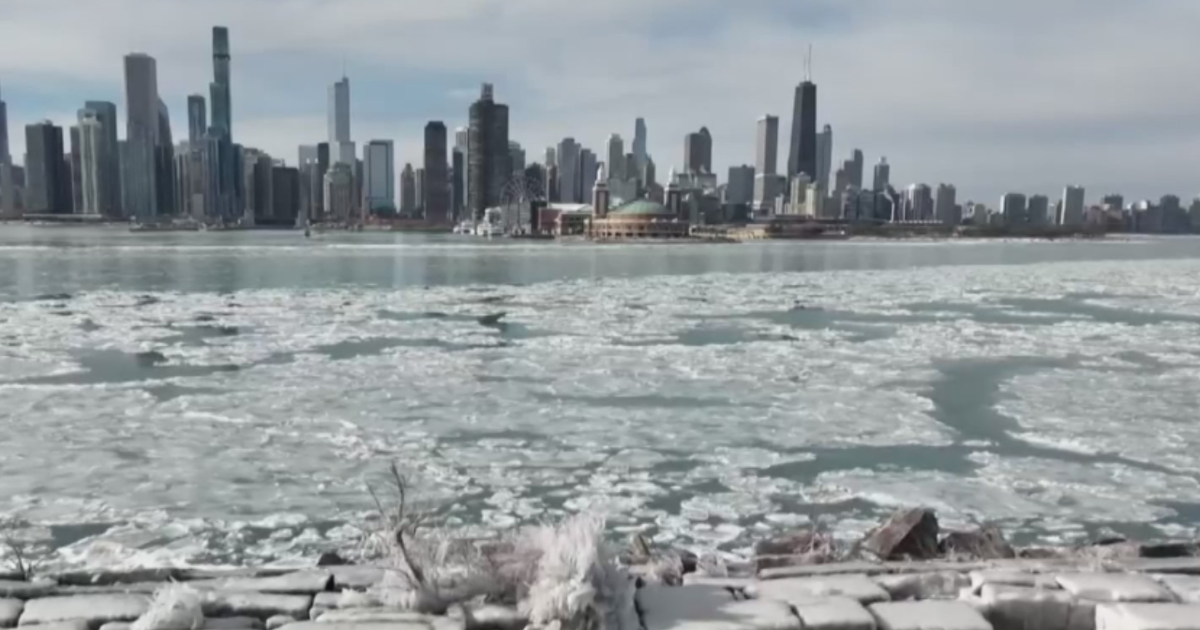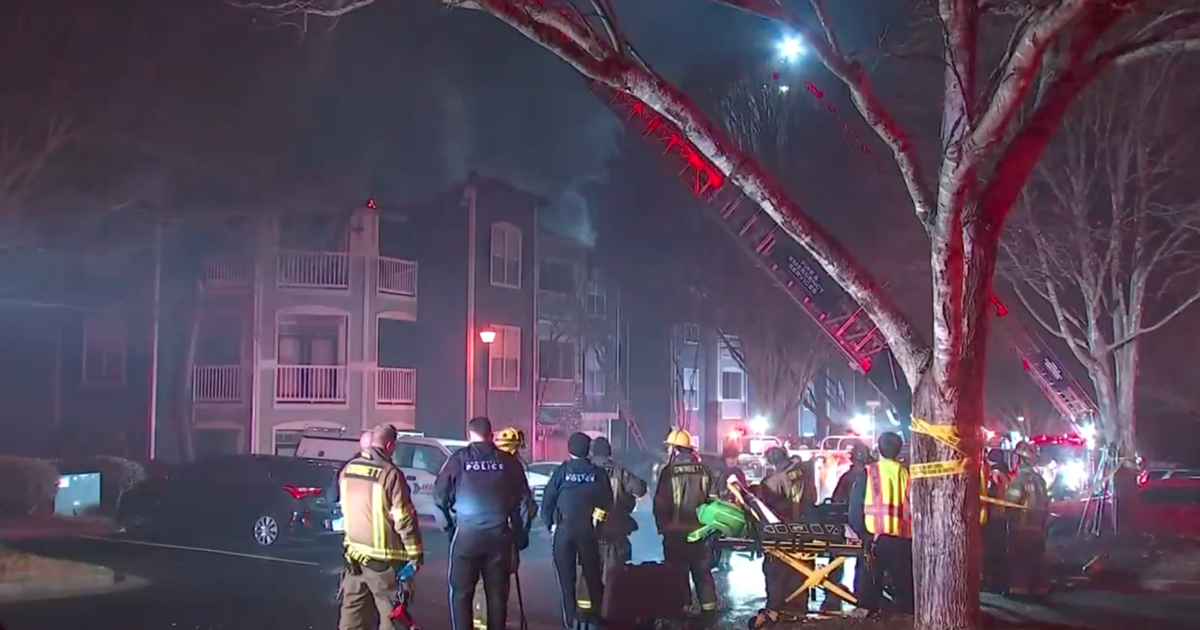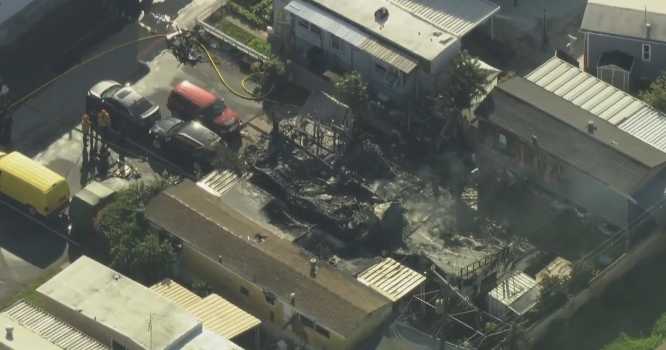Lahaina natives describe harrowing scene as Maui wildfire raged on: "It's like a bomb went off"
For more than 220 years, Lahaina sat on a pedestal of cultural importance for Hawaii as the former capital of the Hawaiian kingdom, the home of an iconic banyan tree and a focal point for community gatherings.
Then, the unthinkable happened.
"It's like a bomb went off," local resident Jannifer Williams told Reuters. "... It's gone."
Williams lived in the town for 30 years. It's where their kids were born. Now, Williams said, "we just don't know the next steps."
And they're not alone.
More than 100 people were killed when a wildfire raged through the town last week, blanketing the normal tropical paradise with a thick darkness of flames and smoke. Pila Taufa, who was born and raised in Lahaina, told Reuters that what unfolded as the fire swept through was beyond anything people could expect.
He recalled the harrowing scenes that unfolded as he and others fought to find a way to safety, saying there were "dead bodies on the rocks on the beach" as well as in cars. When the fire first hit, many people jumped into the harbor to escape the coming flames.
"There was a kid underneath a car on Front Street," he said of the normally bustling road. "It looks like his dad was trying to protect him, but they just were burnt. Pets, cats, dogs, just all burnt right in the middle of the road."
Some of his family members were among the victims of the fire, Taufa said – his aunt, uncle, their son and their 7-year-old grandson.
"They were caught in the fire down there. They were trying to get away," Taufa said. "But they were in the car. I guess the telephone just fell in their car, and they just stuck inside. They got burned."
As of Wednesday, the death toll of the fires is 106, only adding to what's been confirmed as the deadliest natural disaster to ever hit the state and one of the deadliest wildfires in the U.S. in recent history. The fire that caused the devastation in Lahaina, leaving nothing but a trail of ash, dust and the memories of what once was, is 85% contained after consuming nearly 3 1/2 square miles.
But the toll of the disaster – fueled in part by the impacts of climate change – has yet to be determined. Rebuilding the Hawaiian island could cost more than $5.5 billion, officials predict, as more than 2,200 structures were damaged or destroyed, thousands of people need shelter and many lost their jobs and businesses in the inferno.
"It's going to take years to rebuild," Taufa said as he gazed at the remains of his town, "and to come back."
